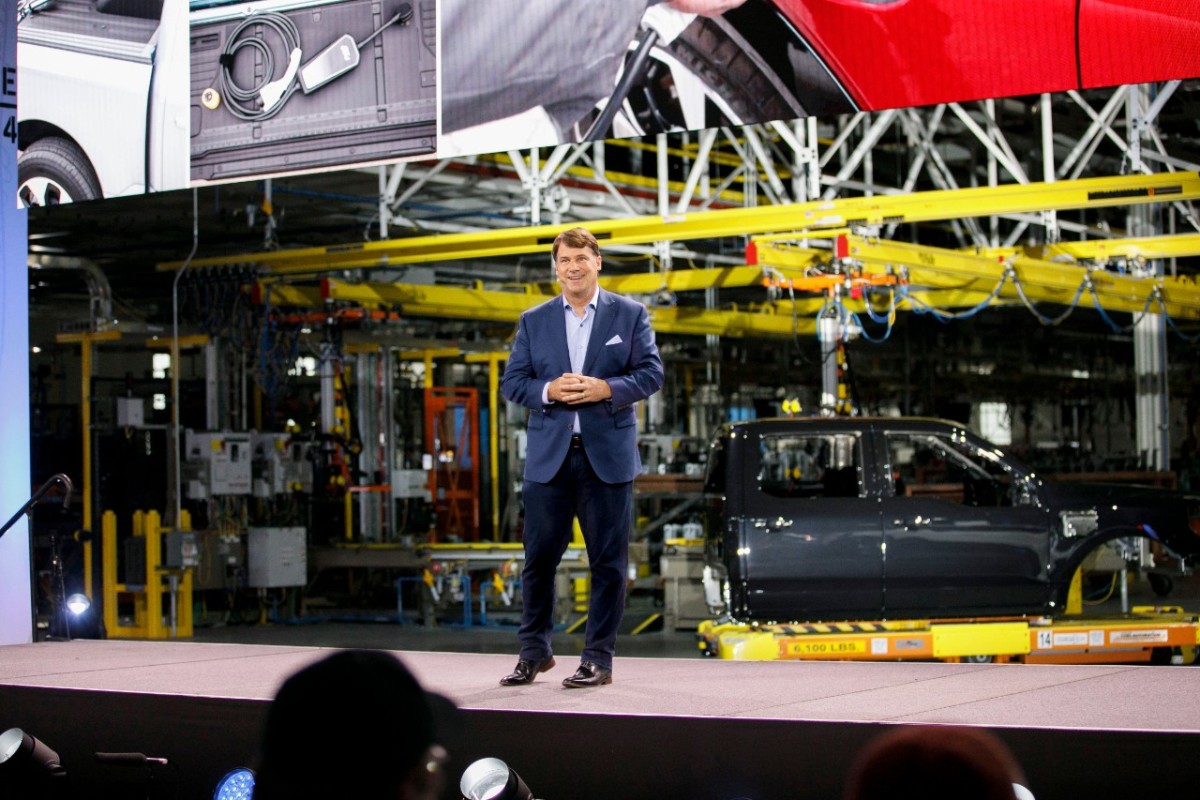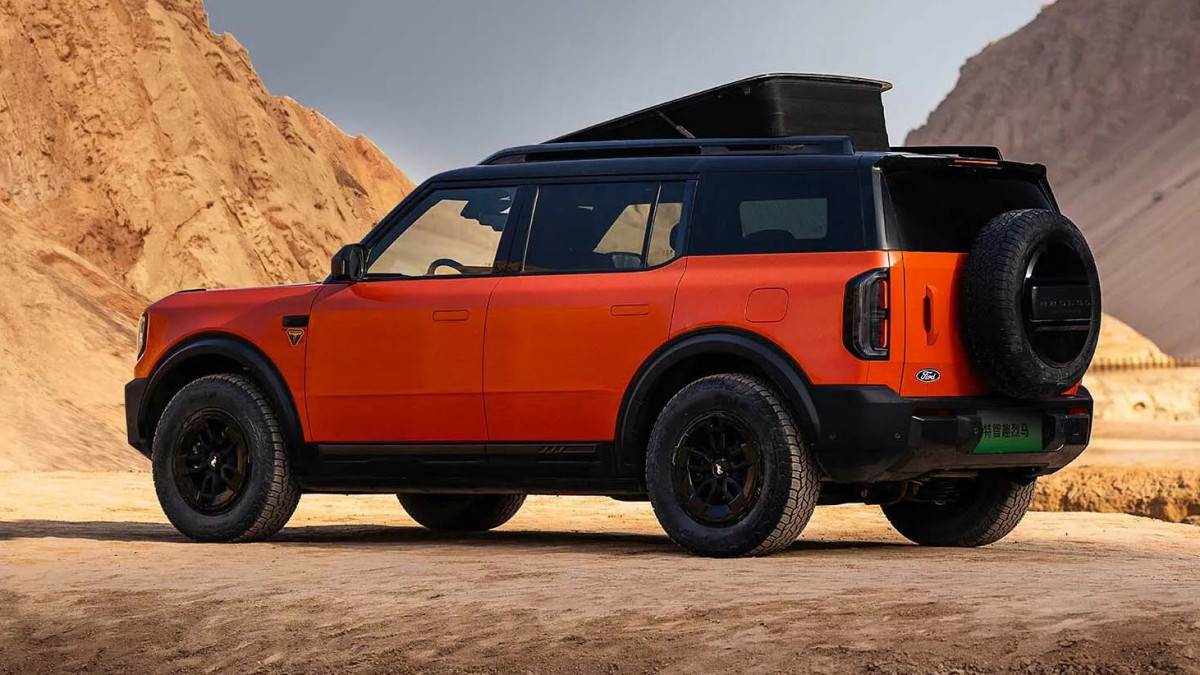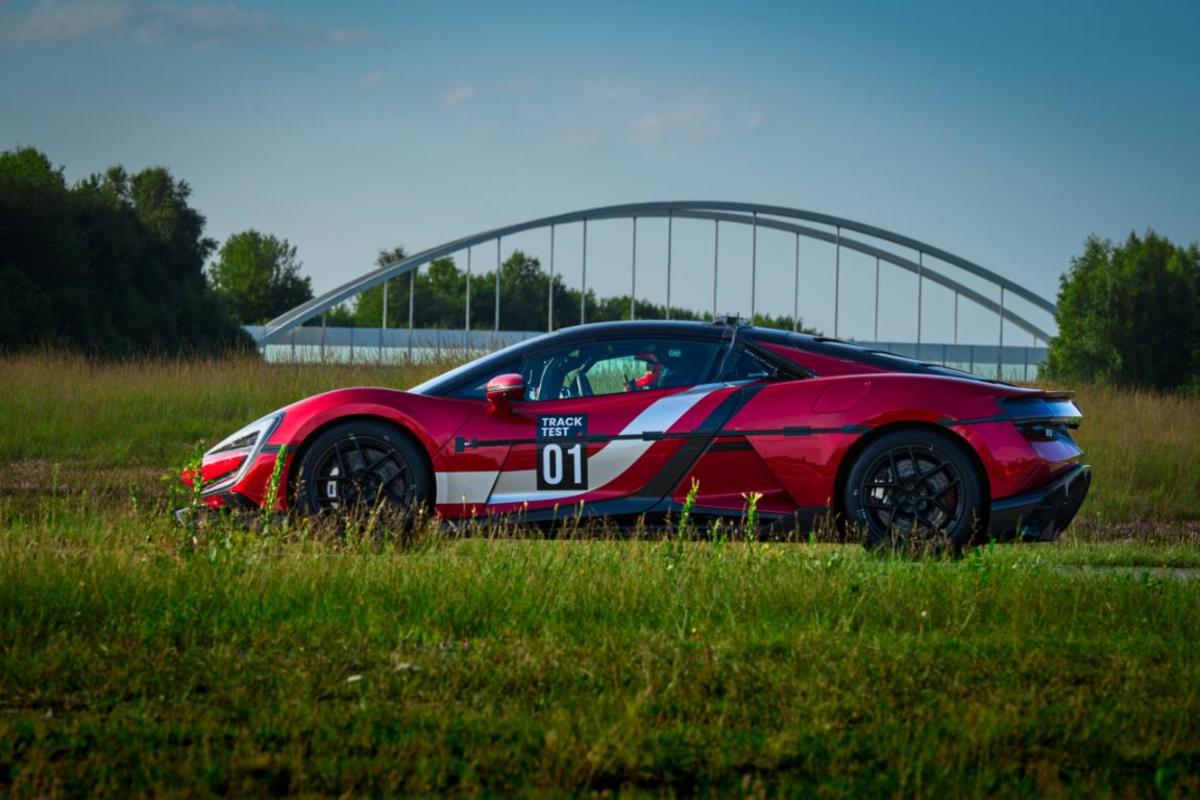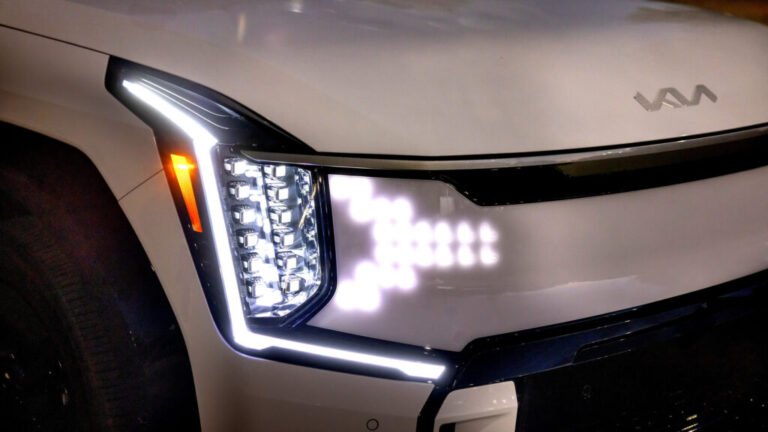Ford CEO Jim Farley is warning that China’s fast-growing auto industry poses an “existential threat” to legacy carmakers, including Ford itself. Speaking on CBS Sunday Morning, Farley compared today’s competitive landscape to the 1980s, when Japanese automakers began to dominate the U.S. market, but said the current situation is “on steroids.”
“They have enough capacity in China with the existing factories to serve the entire North American market, put us all out of business,” he said. “Japan never had that. So, this is a completely different level of risk for our industry.” His comments reflect mounting concerns from other car companies that Chinese automakers, driven by massive scale, low costs, and rapid innovation, could soon outpace Western rivals in the global EV race.
Ford
Tariffs Keep Chinese EVs at Bay — For Now
U.S. automakers remain protected, for the moment, by high tariffs on Chinese electric vehicles, first imposed by President Joe Biden and later expanded by Donald Trump. These measures have kept major players like BYD out of the U.S. market, though some Chinese-built vehicles such as the Lincoln Nautilus and Buick Envision are still sold stateside.
Across the border in Mexico, however, Chinese brands are booming. Automakers including BYD, MG, GWM, Chery (via its Chirey and Omoda Jaecoo divisions), and JAC have quickly expanded, taking 7.7 percent of Mexico’s market in 2024, according to a Motor1 report. In Panama, their share is even higher at 26 percent, proof of how aggressively China’s carmakers are moving where tariffs are low.
Farley Drives a Xiaomi
In a symbolic move, Farley revealed he drives a Xiaomi SU7, an electric sedan from the Chinese smartphone maker. He praised it as “high quality” with a “great digital experience,” saying, “To beat them, you have to join them.” His endorsement reflects growing recognition of Chinese EV technology, which has evolved rapidly in both design and software sophistication.
Farley’s comments follow his earlier praise for the SU7. The electric hypercar even went head-to-head with Tesla’s Model S Plaid in a 2,500-hp drag race. However, Xiaomi has since faced backlash after a fatal crash revealed a “deadly door design flaw,” sparking safety concerns about the company’s vehicles.
Ford’s “Model T Moment”
Farley’s warning comes as Ford pushes deeper into its electrification strategy, which he has described as the company’s “Model T moment.” The automaker has unveiled a new wave of affordable EVs designed to compete globally, emphasizing efficiency and innovation over premium positioning.
Farley is betting Ford’s EV transformation will determine whether the Blue Oval thrives or fades. As history suggests, the last time America’s carmakers faced a challenge like this, the world’s automotive balance shifted, and this time, it could happen faster.
Ford



